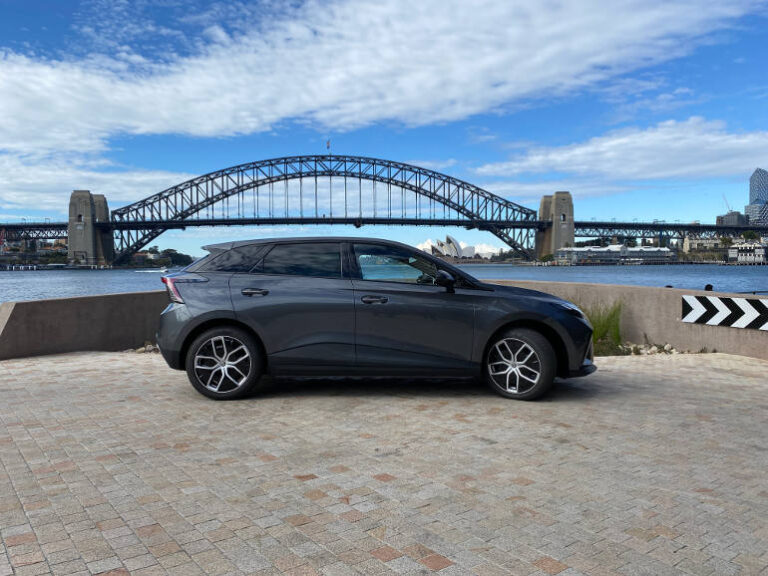As a top 10 new car brand, MG Motor have also been building their reputation with fleet buyers by offering a range of attractively priced cars and SUVs, and a solution to reducing their Scope 1 fleet emissions.
Now after several successful years with the ZS EV and HS +EV (which is a plug-in hybrid model), MG Motor is about to launch the MG4 which will give fleet buyers an EV for less than $40,000.
The MG4 is a small hatchback, not an SUV, so it will be perfect for pool car fleets or applications where there’s only one driver in the vehicle for the majority of the day. Comparing the standard options with other small hatchbacks, the MG4 is a good value package.
MG still offer the ZS EV to fleets at a competitive price point, though in a market when capital budgets are being cut, and EV transition plans are being challenged because of the high purchase prices, a 10% saving on the List Price makes a huge difference.
Another bonus for Fleet Managers is the option to purchase the MG4 with different battery sizes. This will allow some model standardisation across the fleet and provide flexibility to suit different applications.
With battery capacities from 51kWh to 77kWh, the MG4 EV starts with a range of 350km up to 530km for the long range. And the most expensive model is available with a list price of $50,900+ GST and on-road costs.
MG4 also comes with the NCAP five star safety rating and a seven year warranty.
Novated leases have exploded since the introduction of the FBT exemption last year. Employees have realised they can get an $65,000 EV for the same monthly rental as a $45,000 petrol/diesel powered vehicle. In most cases, the electric vehicle is more vehicle than the buyer needs, but the FBT exemption made the numbers work. If they can buy an EV with a List Price under $40,000, more people will be able to upgrade their older CO2 producing car for a zero emissions ride.
Considering fleets were ready to pay more than $60,000 for an electric vehicle with a range of 400km in 2022, the MG4 is the game changer that will charge up the transition to electric vehicles when launched later in 2023.






